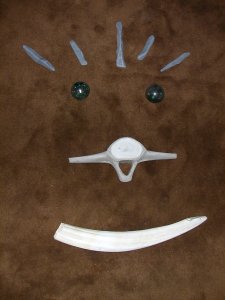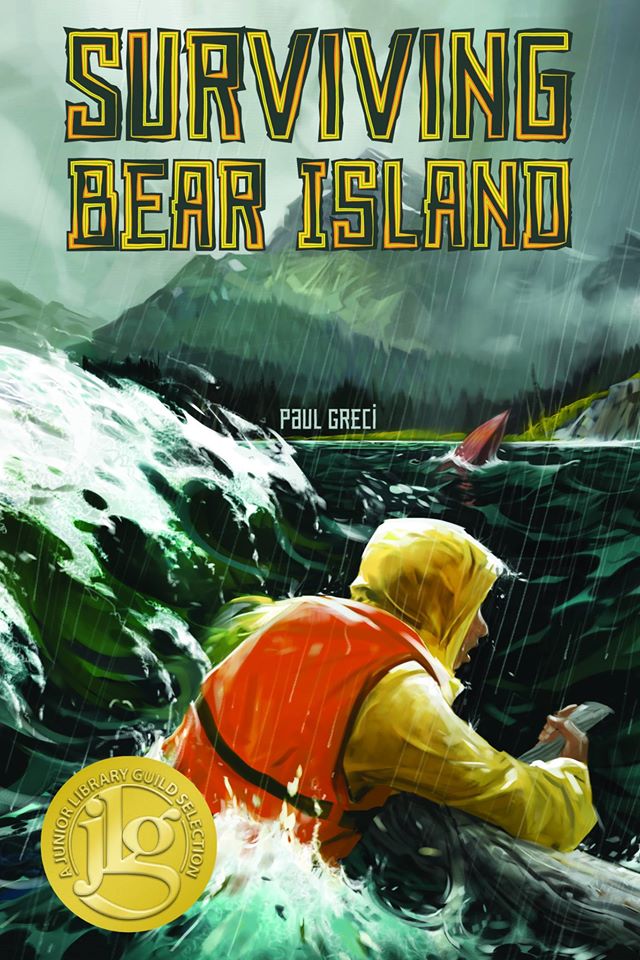About a year ago I had a little knee surgery to smooth out a slightly torn meniscus. Last weekend I ran sixteen miles, my longest run since before the surgery. My knee isn’t back to normal, and that three-hour marathon goal I was closing in on a few years ago is looking pretty distant; but I’ll keep on running if I can because I love it. With age, injury, and wear and tear, it’s inevitable that the human body slows down, breaks down.
One thing I love about writing is that barring any major physical or mental impairments, you can keep improving forever.
My recipe for improvement has one simple ingredient: Persistence.
For me, persistence means:
- Not wasting whatever amount of time I’ve created in my life to write.
- Studying well written novels and craft books and attempting to apply what I’ve learned.
- And, to paraphrase Laurie Halse Anderson: asking how I can make what I’ve written better instead of looking at it and saying this is pretty good.
I’ve heard a couple successful writers say that if you don’t have what it takes to write, i.e. talent, you never will. Quit wasting your time. James Scott Bell, in his book, Plot and Structure, referred to this as the Big Lie. He spent several years of his life believing the Big Lie before he realized that he could learn how to write fiction. Now, as you probably know, he’s published over twenty books.
What does persistence look like for you?

























